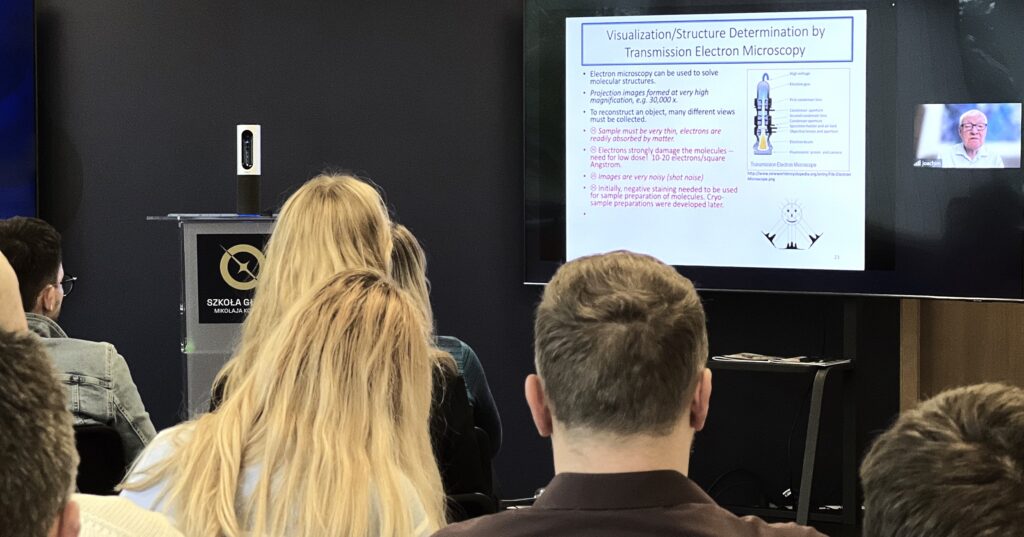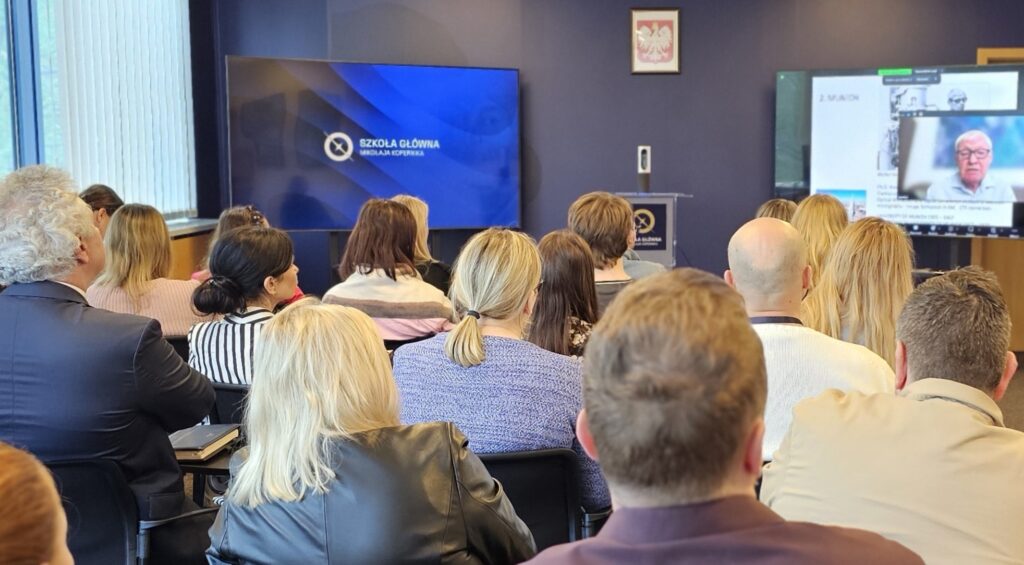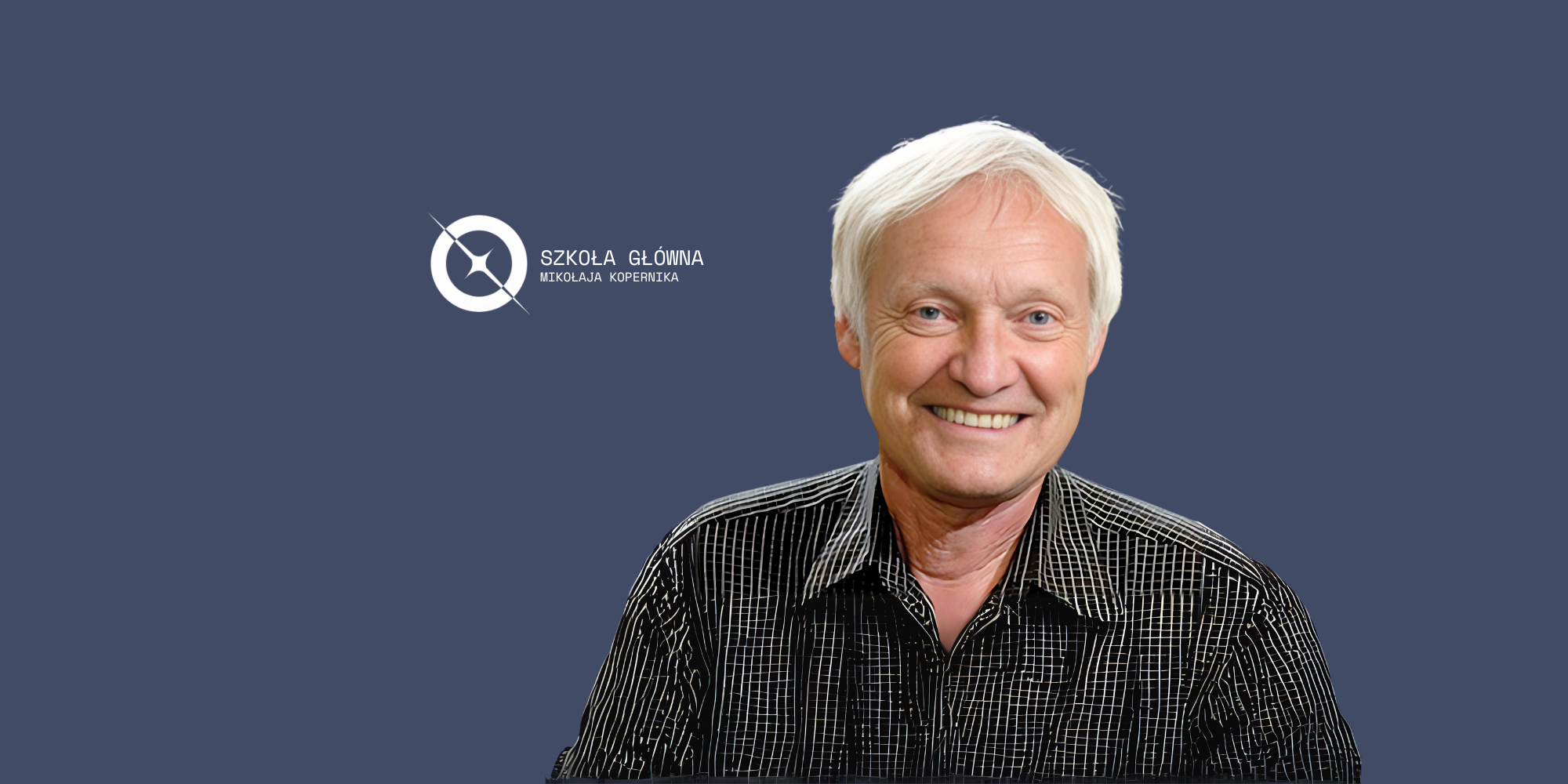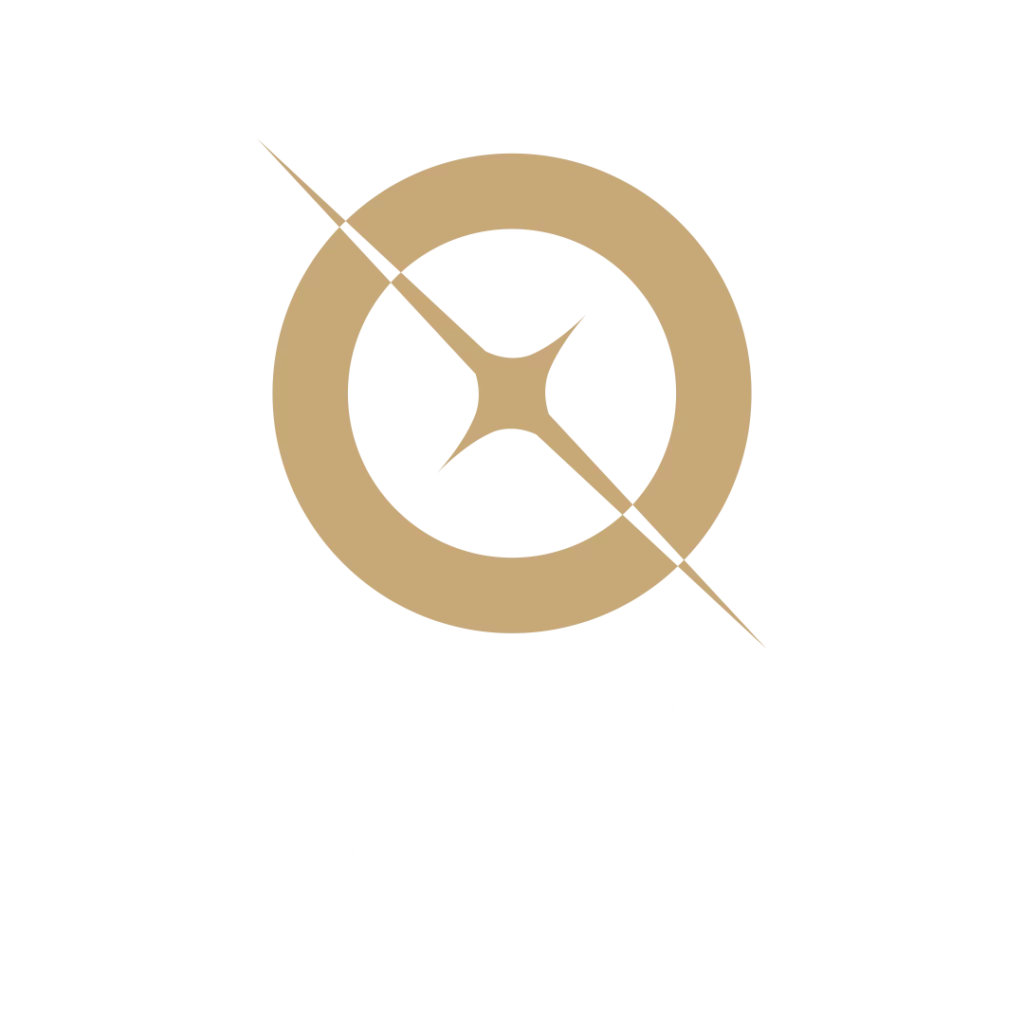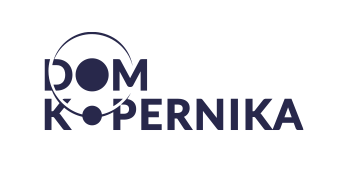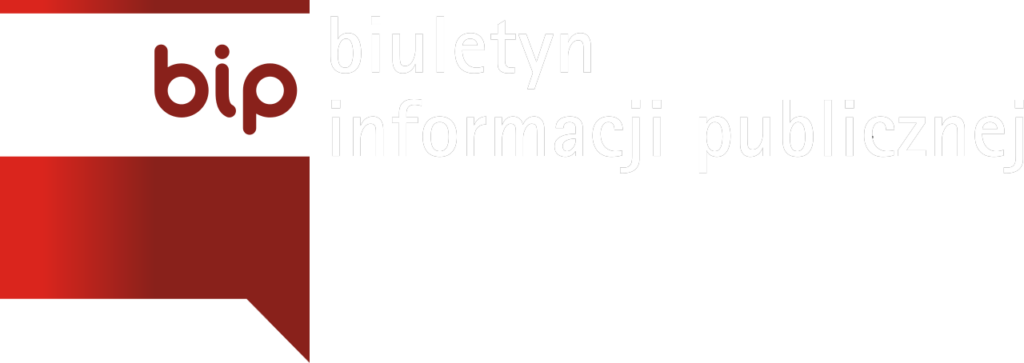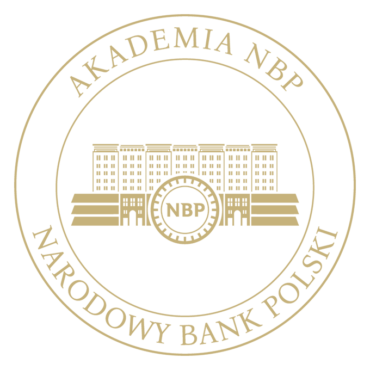The lecture, titled “Cryo-EM of Biomolecules – A Cold Look at the Building Blocks of Life,” was delivered by Professor Joachim Frank, a Nobel laureate and professor at the Department of Biological Sciences at Columbia University, member of the American Academy of Arts and Sciences and the US National Academy of Sciences, to postgraduate and doctoral students of the Nicolaus Copernicus Superior School. The event was a part of the special lecture series “SGMK – University of the Future.”
The lecture was focused on cryo-electron microscopy. Professor Joachim Frank began by presenting the goals of structural biology, providing an overview of electron microscopy, discussing single-particle methods, sample preparation methods for cryo-electron microscopy and three-dimensional classification. Professor Frank provided detailed examples of the application of direct electron detection cameras, as well as examples of the efforts towards developing atomic resolution imaging. The lecture concluded with a discussion on the application of single-particle cryo-electron microscopy in addressing various challenges, including combating Covid-19.
The presentation was followed by a further discussion with students from the Doctoral School of the Medical Sciences College of the SGMK and students of other disciplines at the SGMK, including participants of the MBA studies and faculty members.
The lecture was a part of the “SGMK – University of the Future” series: special lectures conducted as part of the university-wide collaboration of Colleges at the Nicolaus Copernicus University, delivered by guest scientists and specialists from leading scientific centers worldwide. Previous speakers in this series have included Dr. Michael L. Brodie (Harvard University and M.I.T.), Prof. John Tasioulas (University of Oxford), Prof. Mark Coeckelbergh (University of Vienna), Jonathan Brill (futurist), Dr. Ousmène Jacques Mandeng (Accenture and Harvard Review expert), Gerd Leonhard (futurist, one of the world’s top speakers), Thomas Frey (futurist, ranked by Google as the world’s top futurist), and Prof. Peter C. Bishop (University of Houston).
The next lecture, also featuring a Nobel laureate, is scheduled for the upcoming week. Further details will be provided soon.
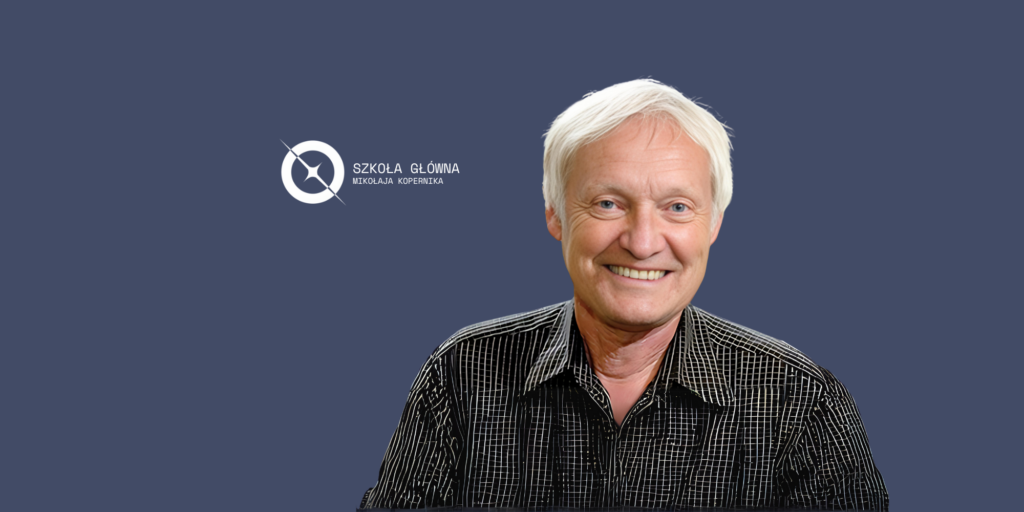
Prof. Joachim Frank – Biography
Joachim Frank received a B.S. (“Vordiplom”) in physics at University Freiburg and M.S. (“Diplom”) in physics from University Munich, and a Ph.D. (Dr. rer. nat.) from Technical University Munich with a dissertation on image processing of electron micrographs of biological molecules. A two-year Harkness Fellowship allowed him to develop software and conduct research in three labs in the USA, among these the Jet Propulsion Laboratory. In 1973 he joined the Cavendish Laboratory in Cambridge as a group leader where he worked on partial coherence in EM image formation. In 1975 he joined the Division of Labs and Research (later renamed Wadsworth Center) of the New York State Health Department as senior research scientist to lead a group on image processing associated with a 1.2 MV electron microscope. Here he developed computer programs for electron tomography and for a novel approach in structural biology, the retrieval of structural information from EM images of single molecules in solution, or single-particle reconstruction. In 1985 he also joined the Biomedical Sciences faculty in the newly founded School of Public Health of SUNY Albany. From 1998 to 2017 Dr. Frank was supported as a Howard Hughes Medical Institute Investigator. In 2008 he assumed his current position as professor of Columbia University’s Department of Biochemistry and Molecular Biophysics and Department of Biological Science. He has authored or coauthored over 300 original publications on image processing, cryo-electron microscopy, and structural aspects of protein synthesis. Dr. Frank is a member of the National Academy of Sciences and of the American Academy of Microbiology. He is also a fellow of the American Academy of Arts and Sciences and of the American Association for the Advancement of Science. He was honored for his contributions to the development of cryo-EM of biological molecules and the study of protein synthesis with the 2014 Franklin Medal for Life Science. In 2017 he shared the Wiley Prize in Biomedical Sciences with Richard Henderson and Marin van Heel. In the same year he was awarded the Nobel Prize in Chemistry together with Richard Henderson and Jacques Dubochet.
